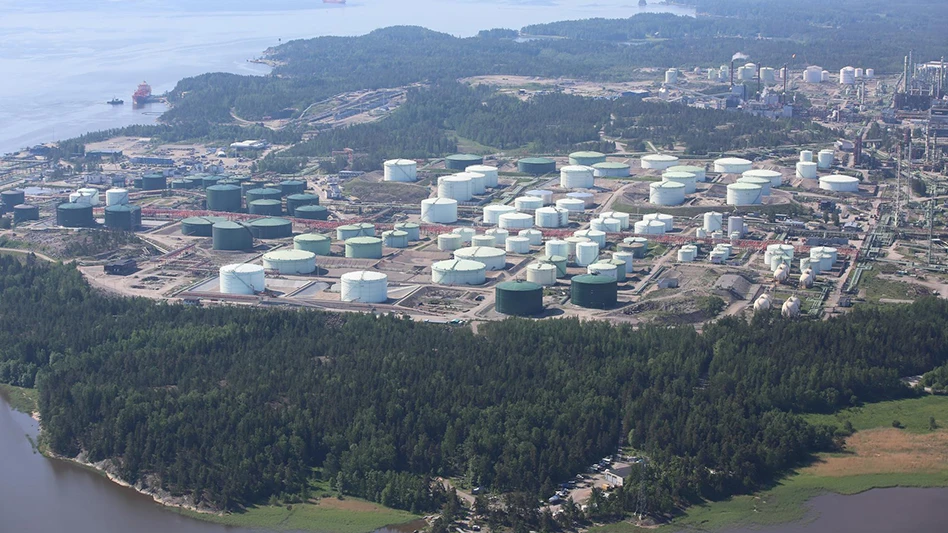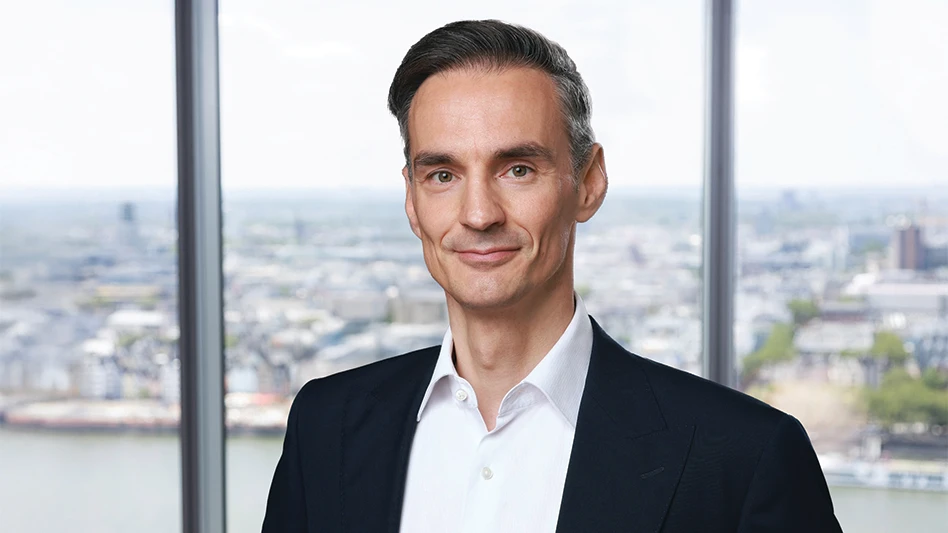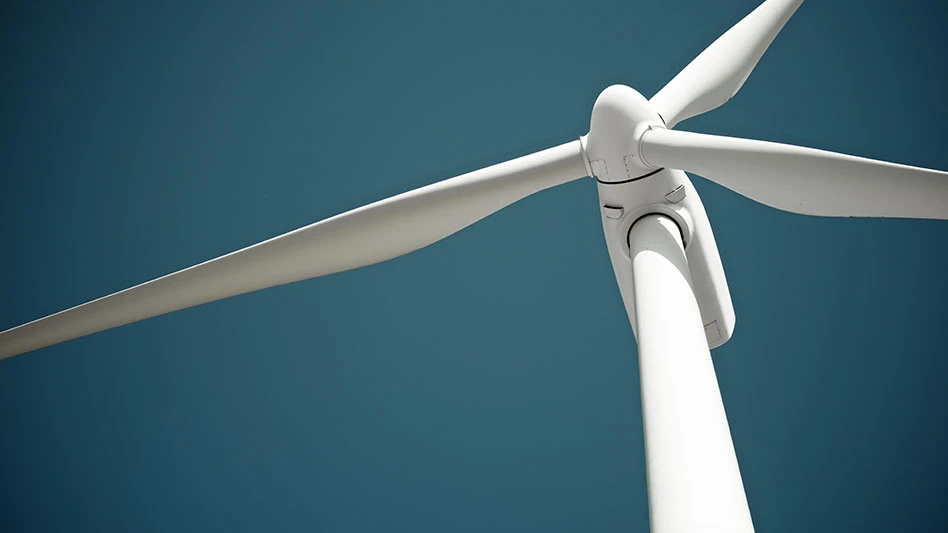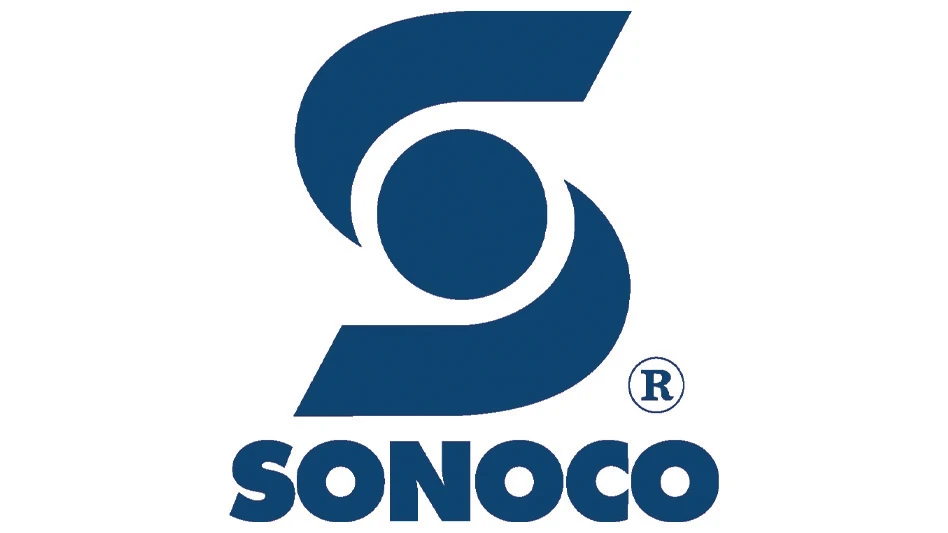
Photo courtesy of Neste Oyj
Finland-based Neste Oyj says it has successfully concluded its second series of “industrial-scale processing runs” with liquefied plastic scrap at its refinery in Porvoo, Finland. “The goal of the processing runs is to further increase the company’s understanding of how different types of [scrap] plastics behave during chemical recycling in the refinery processes,” states the firm.
As Neste is establishing large-scale capacities to process liquefied plastic at its Porvoo site, it says the current processing runs use existing refinery equipment built for crude oil refining. The end product made during the trials – Neste RE, it calls “a drop-in feedstock for petrochemicals” that is turned into new plastics by Neste’s commercial partners.
Since Neste’s first processing run in 2020, the company has concluded a total of six runs that it calls successful, processing close to 3,000 tons of liquefied waste scrap thus far.
After processing 800 tons in the first series completed in 2022, the company has been able to more than triple that amount to date. The processing runs are a part of Neste’s strategy to advance chemical recycling and contribute to a circular polymers economy, says the firm.
“We are walking the talk on chemical recycling,” says Heikki Färkkilä, a vice president with Neste. “Our processing runs provide us not only with valuable knowledge on the technologies, but also serve as a proof of concept: chemical recycling can be done on an industrial scale. Our focus continues to be getting from individual processing runs to continuous operation.”
Neste has processed what it calls “hard-to-recycle” plastic scrap it says would otherwise have ended up in incinerators or landfills had it not been directed to chemical recycling. “This highlights how chemical recycling complements existing mechanical recycling technologies,” says the firm.
The liquefied plastic for the trials has been sourced from multiple suppliers who Neste says are part of a network it continues to expand. Among others, suppliers include United States-based Alterra Energy, in which Neste holds a minority stake, as well as Finland-based Wastewise, with which Neste recently cooperated to chemically recycle cross-linked polyethylene (PEX) scrap from pipe production into new PEX pipes.
Neste says it is looking to build capacities at its Porvoo site to process 400,000 tons of liquefied plastic scrap per year in the course of project PULSE. That effort is funded by the EU Innovation Fund. From 2030 onwards, Neste wants to process more than 1 million tons of plastic scrap per year.
The targets are part of the company’s plan to transition its Porvoo refinery into a “renewable and circular solutions site” and “possibly end crude oil refining by the mid-2030s.” Liquefied plastic scrap would play an important role in replacing fossil crude oil in the company’s Porvoo refinery, says Neste.
Latest from Recycling Today
- Innventure subsidiary acquires rights to advanced plastics recycling technology
- Radius experiences sixth consecutive quarterly loss
- US ferrous market exhibits upward pricing pressure: Davis Index
- Glass Packaging Institute applauds regulation change
- Engcon adds to Tiltorotator line
- Paper recycling is focus of 2 January webinars
- Disruption likely for material flows in mid-January
- Blue Whale Materials to expand Oklahoma lithium-ion battery recycling plant





